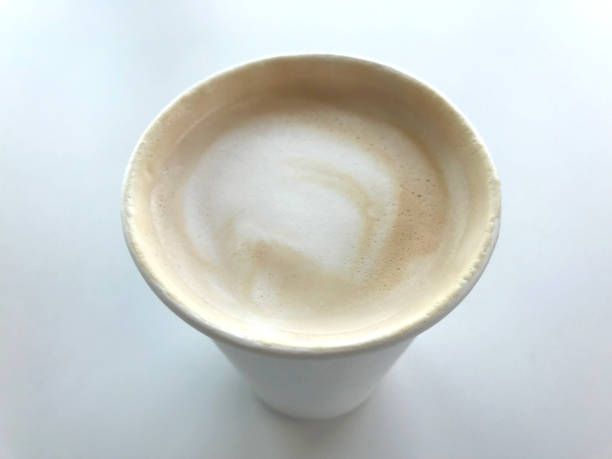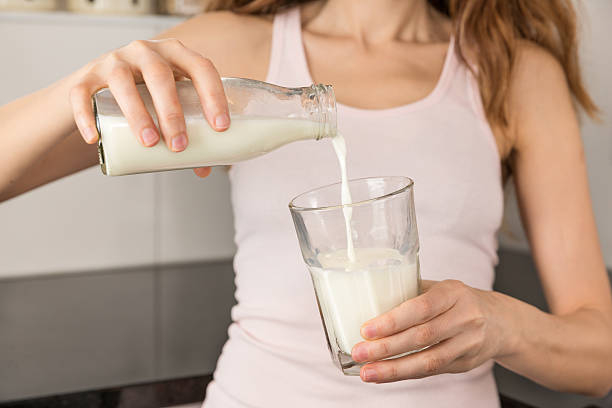Regular milk

Reconstituted milk powder may be simply replaced with regular liquid milk. After all, the solids from ordinary milk that have evaporated make up dry milk. Regular milk's nutritional value and flavor, which are comparable to those of powdered milk, are its key advantages. One cup (240 mL) of whole milk provides:
- Calories: 149
- Fat: 8 grams
- Protein: 8 grams
- Carbs: 12 grams
- Calcium: 20% of the Daily Value (DV)
In comparison, 1/4 cup (32 grams) of whole fat milk powder contains:
- Calories: 159
- Fat: 8 grams
- Protein: 8 grams
- Carbs: 12 grams
- Calcium: 22% of the DV
Only use normal milk in recipes that also call for water, such as soups and some baked goods, as regular milk will add liquid to the dish as well. Avoid using ordinary milk in recipes where the liquid might result in an overly soggy or wet end product. 1 cup (240 mL) of ordinary milk should be used in place of 1/4 cup (32 grams) of milk powder. Additionally, you should cut the recipe's original water need by 1 cup (240 mL).
You can substitute milk powder with whole, reduced, or nonfat milk. Just keep in mind that the final product will be creamier and richer the greater the milk's fat content. Additionally, liquid buttermilk is preferable for recipes that call for buttermilk powder since the acid in powdered buttermilk will change the texture and flavor of the dish.







